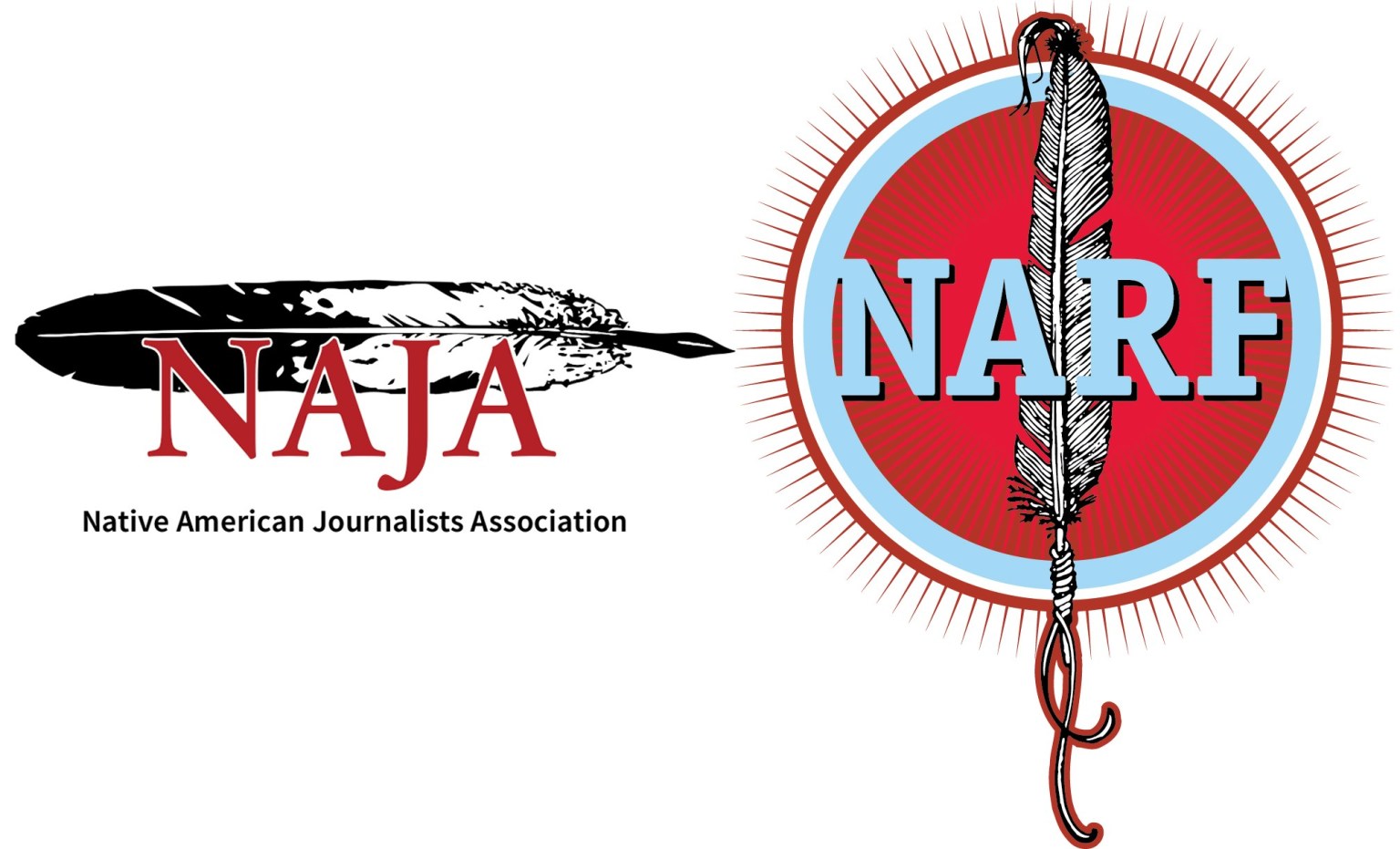NAJA Reporting Guide: U.S. Supreme Court cases McGirt v. Oklahoma and Sharp v. Murphy
The Native American Journalists Association developed this reporting guide as a tool for newsrooms reporting on Indian Country. The U.S. Supreme Court cases McGirt v. Oklahoma and Sharp v. Murphy present unique questions about criminal jurisdiction over Indians in parts of Eastern Oklahoma.
Both cases ask the Supreme Court to determine whether the Muscogee (Creek) Nation’s historic boundaries in Oklahoma constitute an “Indian reservation” today. In most cases, states have no jurisdiction over crimes committed by Indians or against Indians on Indian reservations.
Defendants Jimcy McGirt (whose case came through the Oklahoma state courts) and Patrick Murphy (whose case came through the federal courts) are citizens of federally recognized tribes who were convicted by the State of Oklahoma for crimes that occurred within the boundaries of the Muscogee (Creek) Nation. That means if the Muscogee (Creek) Nation is an Indian reservation, McGirt and Murphy were tried in the wrong court, and their convictions must be thrown out.
Scrutinize historical context
This case turns on the 19th century treaties between the Muscogee (Creek) Nation and the United States, and a series of statutes Congress enacted in the late 19th and early 20th centuries. The state of Oklahoma and its allies argue those statutes dismantled the Muscogee (Creek) Nation’s reservation and left in its place only individual parcels of Indian land where federal jurisdiction limits the state’s authority. McGirt, Murphy and their allies argue that Congress might have at one time intended to dismantle the reservation, but changed its mind and ultimately left the reservation intact, preserving federal jurisdiction (and ousting state jurisdiction) throughout the reservation for crimes involving Indians.
Choose sources wisely
Reporters should seek sources with relevant professional experience, tribal historians or leaders and avoid interviewing non-experts on federal Indian law. Organizations like the Native American Rights Fund and the National Congress of American Indians can inform coverage with deep context and history. Universities across the U.S. with Indigenous law programs may provide legal experts and scholars as knowledgeable sources. For more information on sourcing in Indian Country, refer to the NAJA Indigenous Expert Guide.
Clearly explain impact
Past convictions of tribal citizens by the State of Oklahoma might be overturned; but the issue of when a new Supreme Court decision affects past criminal convictions is itself very complicated, so the effect on past convictions is uncertain. Moreover, a ruling that the Muscogee (Creek) Nation reservation remains intact will not grant criminal jurisdiction over non-Indians. The Supreme Court case Oliphant v. Suquamish still limits tribal criminal jurisdiction over non-Indians who commit crimes in Indian Country. Federal law also still prevents tribes from exercising civil or regulatory jurisdiction over non-Indians in most circumstances. A ruling in this case will not change land ownership in Eastern Oklahoma.
Avoid sensationalist, reactionary or biased coverage
The Supreme Court’s ruling will test the delicate relationship between tribal nations and the state. It is easy for either side to resort to hyperbole. For example, sensational coverage of the Adoptive Couple v. Baby Girl (Baby Veronica) case built an audience by emphasizing the issue’s divisiveness and exploiting a fundamental misunderstanding of Indian law. Reporters should avoid falling into this trap. Oklahoma has a long history of working collaboratively with tribes, and one prominent group of former state officials told the Supreme Court they think that would continue if McGirt and Murphy win.
Use accurate terminology
The federal government generally considers someone American Indian if they are a member or citizen of a federally recognized tribe. Tribes have the sovereign right to determine their own membership. Reporters should identify individuals as tribal members or citizens, according to the tribe’s preferred terminology. Identification by tribal citizenship is preferable to general terms such as “Native American” when citizenship information is available. Reporters may reference the NAJA guide on terminology, when identifying individuals as Native American, American Indian or Indigenous.
Download the guide here.
Tuba City Regional Health Care Corporation (Navajo Nation)
HHS Small Ambulatory Program Awards $55 Million to 15 Tribes and Tribal Organizations (Indian Health Service)
Indian Health Service Announces New Deputy Director for Quality Health Care and Enterprise Risk Management (Indian Health Service)
Federal Emergency Management Agency (FEMA)
White House Office of Management and Budget (Joe Biden Administration)
Tuba City Regional Health Care Corporation (Arizona, Navajo Nation)
Oklahoma City Indian Clinic (OKCIC)
Indian Health Service (Department of Health and Human Services)
Navajo Nation Town Hall (Arizona, New Mexico, Utah)
Navajo Nation (Arizona, New Mexico, Utah)
Tribal organizations statement on advance appropriations for Indian Health Service
Indian Health Service Statement on Advance Appropriations (Department of Health and Human Services)
Indian Health Service (Department of Health and Human Services)
Indian Health Service (Department of Health and Human Services)

